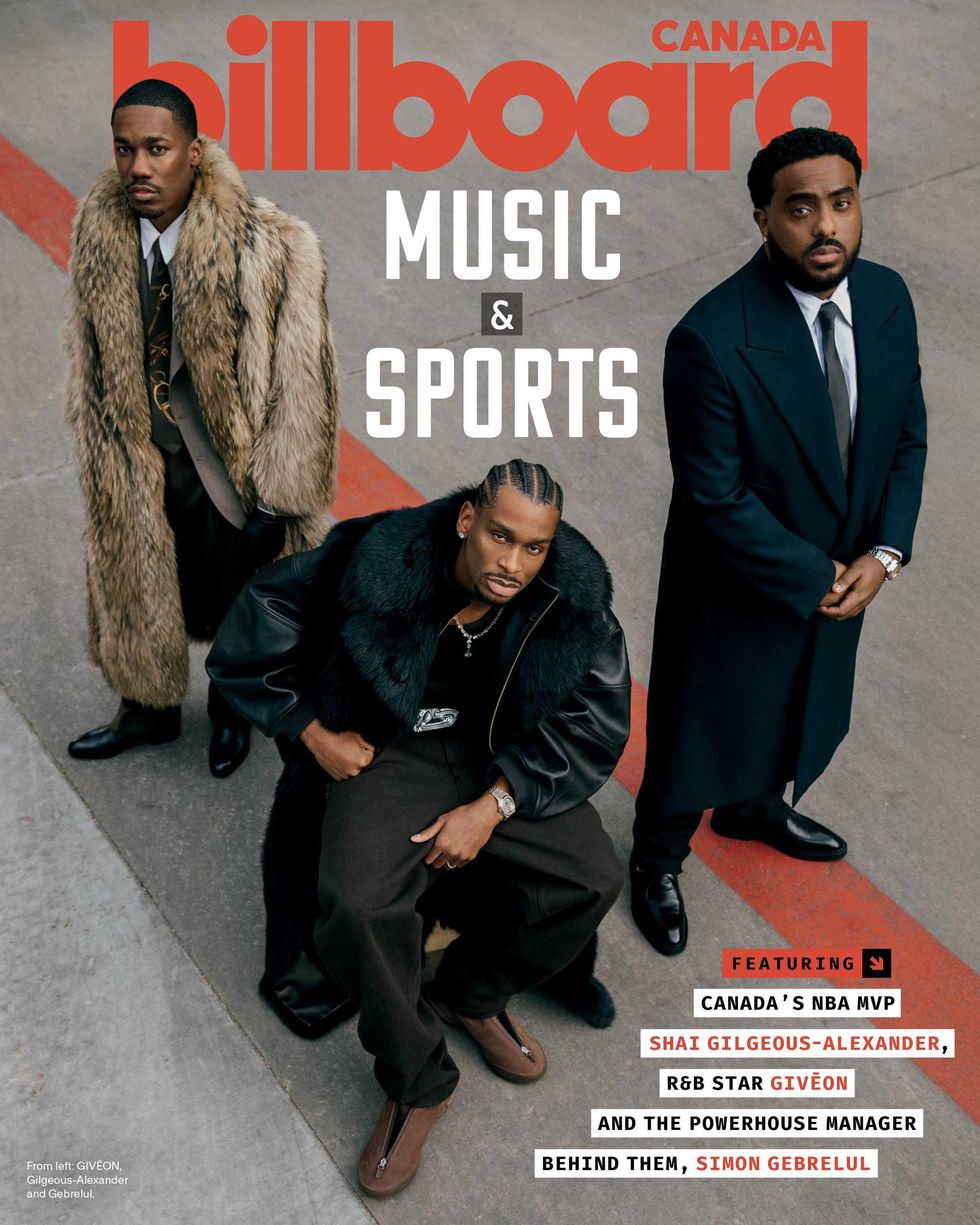Shubh Speaks: The First Interview with Punjabi Music's Fastest Rising Star
The Brampton-based singer has achieved billions of streams and an upcoming North American arena tour without ever giving an interview – until now.
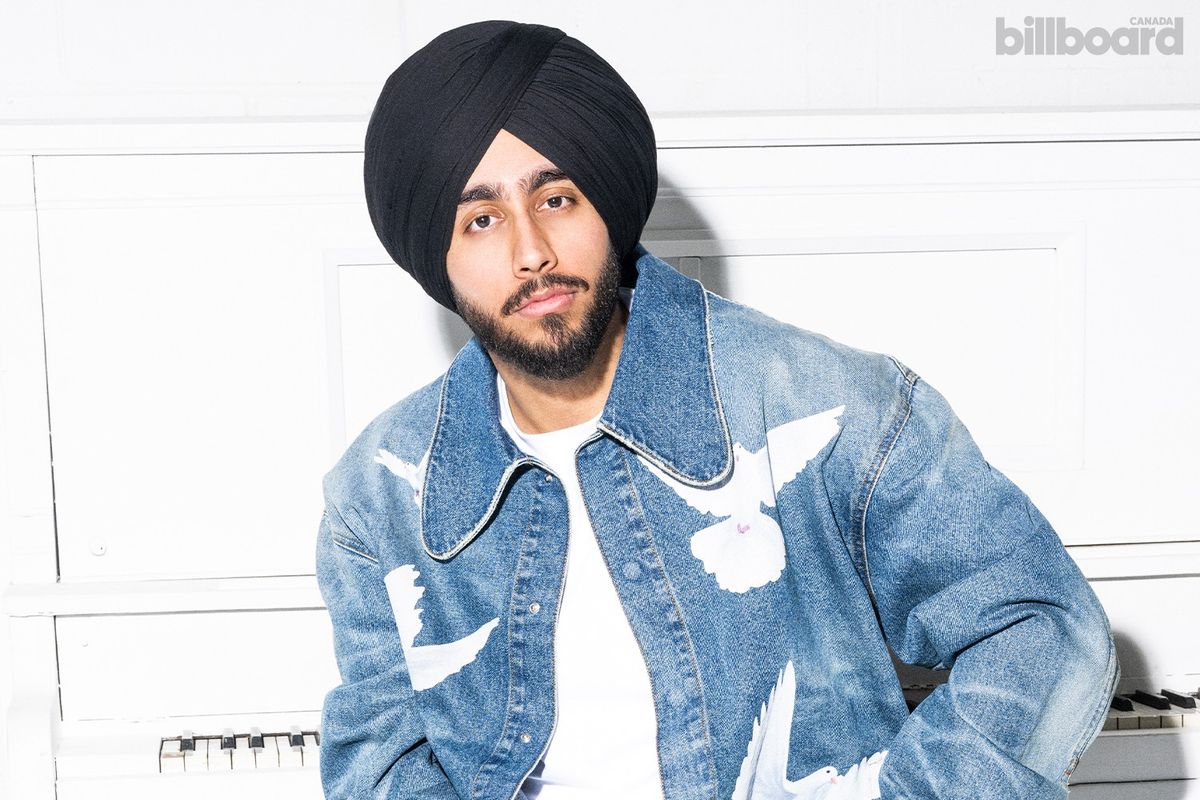
Shubh photographed by Lane Dorsey in Toronto in 2025. Styling by Aliecia Brissett. Jacket: 3PARADIS from Simons. Jeans: Le 31 from Simons.
Shubh’s rise has happened faster than he could have ever expected.
In a quiet moment, Shubh softly remarks in Punjabi, “I didn’t think I would ever chart.”
He's done more than that. The 27-year-old Brampton, Ontario-based Punjabi artist has become one of the most talked-about names in global music, amassing over 3 billion total streams across platforms, a fiercely loyal fanbase and a debut North American tour on the horizon, including arena dates in Oakland, Vancouver and Toronto. That's all without a label or a single dollar spent on ads.
Around him, a pair of his close friends and Brampton housemates, Prince and Vicky, and his longtime manager, Shivam Malhotra, lean in, smiling – not just because the comment is modest, but because the reality couldn’t be more different.
This is his first interview. It’s the first time he’s publicly reflecting on a journey that, in just a few years, has taken him from scribbling verses in a notebook to performing on arena stages across North America.
His breakthrough came when his debut album Still Rollin debuted at No. 16 on the Billboard Canadian Albums Chart in June 2023 and his sophomore album Sicario entered the Top 25 at No. 24 in January 2025. When he speaks to Billboard Canada, his single “Supreme” is making a splash on the Billboard Canadian Hot 100 chart following a No. 13 debut for the 2024 single "King Shit."
But today, Shubh isn’t on stage, thinking about charts, or in the recording studio. He’s seated calmly at the studio for his first cover shoot for Billboard Canada, surrounded by the same team that’s been with him since day one.
He answers slowly and thoughtfully, sometimes in Punjabi and sometimes in English. His friends and manager step in to help translate and interpret, not because he can’t speak the language, but because he’s never done this before and wants to express his clearest feelings.
Long before his tracks topped charts or racked up hundreds of millions of streams, Shubh was just a teenager filling notebooks with verses.
“I started writing when I was really young,” he recalls. “I’ve been writing for 12 to 13 years. I’ve always carried notebooks – almost like diaries – and that writing became the foundation of everything.”
At the time, music wasn’t a professional ambition for Shubh. It was an outlet, a private ritual shaped by observation, emotion and self-reflection. Today, that introspective process has evolved into a discography that’s earned him billions of streams, including nearly 400 million streams for his breakout single “No Love” and over 370 million for “Cheques.”
More than ten years later, that habit hasn’t faded. He still carries notebooks and pens wherever he goes, staying connected to the handwritten process that shaped his earliest songs. To this day, all of his songs begin on paper first.
Shubh’s path to this moment didn’t follow a script of a typical success story. He didn't go chasing viral fame or visibility. In fact, much like fellow Toronto artist The Weeknd, he kept his face and his identity hidden in the early stages, letting the music speak entirely for itself. There were no flashy rollouts or trend-driven moves. Instead, he spent those years in quiet focus, writing relentlessly, experimenting with sounds and perfecting each track in solitude.
“My aim wasn’t attention, it was precision,” the singer says.
Much of that focus and clarity comes from where it all began. Growing up in Punjab, Shubh was surrounded by music at home, often hearing his father sing during family gatherings or daily routines. His father and older brother (Ravneet Singh, a well-known actor and singer) have been his biggest inspirations. They’re still in India, and he carries those memories with him everywhere. It’s that sense of home, that emotional imprint from his upbringing, that continues to drive him. It’s the quiet force behind the fire in his work.
In 2014, Shubh moved to Canada to pursue a degree in mechanical engineering at Sheridan College.
“I came here as a student on a study visa,” he says. The early days weren’t easy. “I was a little bit nervous.”
Like many international students, he juggled homesickness, new responsibilities and the weight of starting over. Music wasn’t the goal then. It was more of a quiet companion.
It wasn’t until 2021 that he decided to release his first song. His debut track “We Rollin” dropped without a music video and no press push. He didn't even show his whole face, wearing a scarf over his nose and mouth. He wanted his music to reach people first.
And it did. Within weeks, the song was blowing up globally, with fans reaching out from countries like Japan and across Latin America. Now, “We Rollin” has surpassed 265 million views on YouTube alone, becoming the spark that launched Shubh into international recognition.
That initial wave of love changed everything. “That first song made me realize something special was happening.” But Shubh didn’t run to capitalize on it. He stayed in the studio, quietly focused on making better songs. “Sometimes I take two to three months to make just one song,” he explains.
“He gets into that shell, and he only comes out when it’s ready,” the artist’s manager Malhotra explains.
For instance, the mixing process for his 2022 single “Baller,” one of his most iconic tracks, was so intense, it reached 29 versions before he was ready to put it out. “We did 28 mixes,” Shubh says, cracking a rare smile. “The 29th was okay, I guess. I still didn’t like it.” He only released it, he adds, because “deadlines” forced his hand.
Shubh puts his music through a rigorous test. He listens to each track hundreds of times. If he’s still not tired of it after 200 plays, that’s when he knows it’s ready for the world.
“Some of his songs average eight streams per user on Spotify,” Malhotra points out. “The industry standard is two or three – that’s more than double. It shows people aren’t just listening once, they’re coming back again and again.”
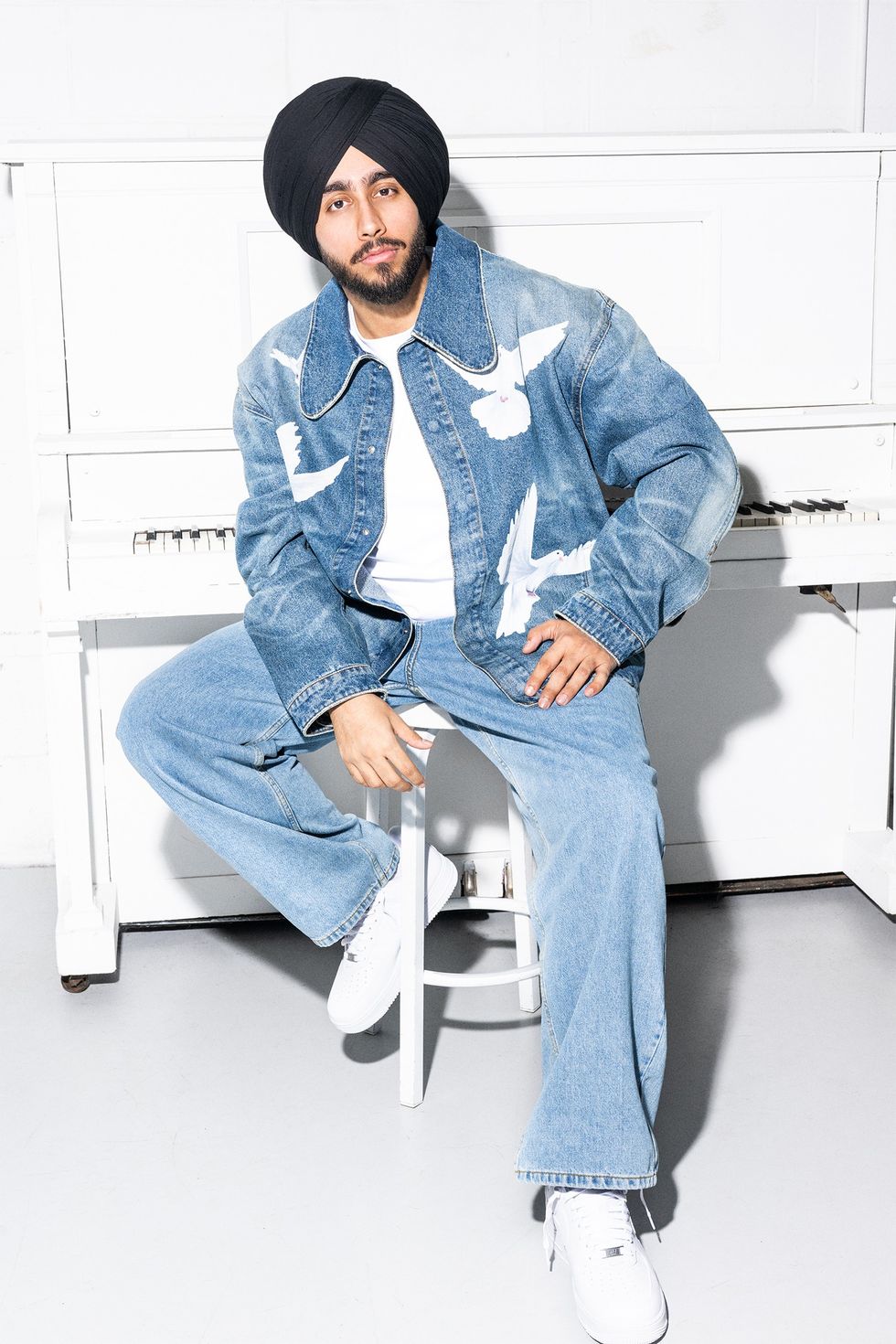
But it’s not just the replay value that sets him apart. Shubh isn’t just focused on lyrics and production. He's also expanding the vocabulary of Punjabi music. “Every time, I try to bring something fresh,” he says.
A clear example is “One Love,” a reggae-leaning track inspired by Bob Marley’s legacy. “I used to listen to Bob Marley. Yeah, big Marley fan,” he says. The track, which dropped without a music video, has already crossed 400 million streams on Spotify.
Next on his radar? “I think I’ll try rock in the next two to three months,” he says.
It’s not a stretch – he already performs live with a full band and skips backing tracks entirely. “I don’t believe in doing minus,” he says. “Everything is done live, start to finish.”
Musically, Shubh’s influences span decades and continents: Eminem, 2Pac, The Notorious B.I.G., 50 Cent, Dr. Dre. He speaks about them with deep respect, connecting their influence to his own path. Being in Toronto exposed him to global music culture, and Drake – another hometown hero – has had a huge impact.
“I’ve seen how an entire culture has been built around Drake,” he says. Living in Toronto has helped shape a global sound that can cross borders.
Even though Shubh sings in Punjabi, the themes in his music – migration, longing, identity, his journey, perseverance – resonate far beyond the diaspora.
“I write about what it feels like to leave home, move to a new country, and figure things out alone,” he explains. “It’s something a lot of people can relate to.” Fans who don’t understand the language still find something real in the flow and production. “People feel the vibe.”
He’s incredibly selective about what he puts out. No matter how polished a track is, if it doesn’t sit right with him, he won’t release it. That personal compass is why Shubh’s fans trust him.
“For me, my fans are like family,” he says. “I reply to them online. I see everything.”
Despite avoiding public events and the spotlight, he’s always connected, just on his own terms.
“Shubh has never spent a dollar on ads or marketing,” Malhotra says. “Everything has grown organically.”
Now, he’s preparing for his first North American tour, and he’s skipping the usual small venues to perform in massive arenas. “I never expected this,” he admits. “But I’m very happy that we’re performing in arenas.”
The first venue? Oakland Arena on August 22, followed by Rogers Arena in Vancouver on August 23, and then Scotiabank Arena on September 5, where some of his heroes, including Eminem, have performed. He finishes the tour at the Prudential Center in New Jersey on September 7.
Shubh had never even been to a concert before stepping on stage for his sold-out show at Indigo at the O2 in London in 2023. “My voice was shaking,” he remembers. “I was very hyped up, but it also humbled me down.”
The surreal experience of performing live for the first time, without ever having seen a show from the audience’s side, marked a memorable moment in his journey.
He was supposed to go on a 2023 tour of India, but it was cancelled after backlash against a social media post he felt was politically misinterpreted. At the time, Shubh called the cancelled shows "disheartening," and he's been conceptualizing how to make his concerts even stronger since.
A short tour in Australia and New Zealand the same year brought him to major venues – something he's looking to build on in Canada and the U.S.
Now that he’s ready to embark on his first North American tour, he’s been putting serious thought into every detail of his live shows: stage setup, sound, lighting, all of it.
“I’m building something really special,” he says. “It’s never been done before in our scene.”
The tour is a statement. As an independent artist, he wants to pave the way for others.
“If I can buy a beat for $80 and get 300 million streams out of it, I believe anyone can do it,” Shubh says simply.
Now, Shubh already has his sights set even higher.
“After this, I want to go to stadiums,” he says. “Then, I want to pack entire cities. That’s the vision.”
It’s clear he’s already thinking well beyond the present. Not because he’s in a hurry, but because he knows where this could go. He’s seen what happens when you lead your life creatively and with sincerity. He’s living proof that letting the music take centre stage can open doors.
One phrase he keeps returning to during the conversation is simple but powerful: “keep trying, keep hustling, be consistent.”
As he puts it, “If you bring honesty to your work, anything is possible.”

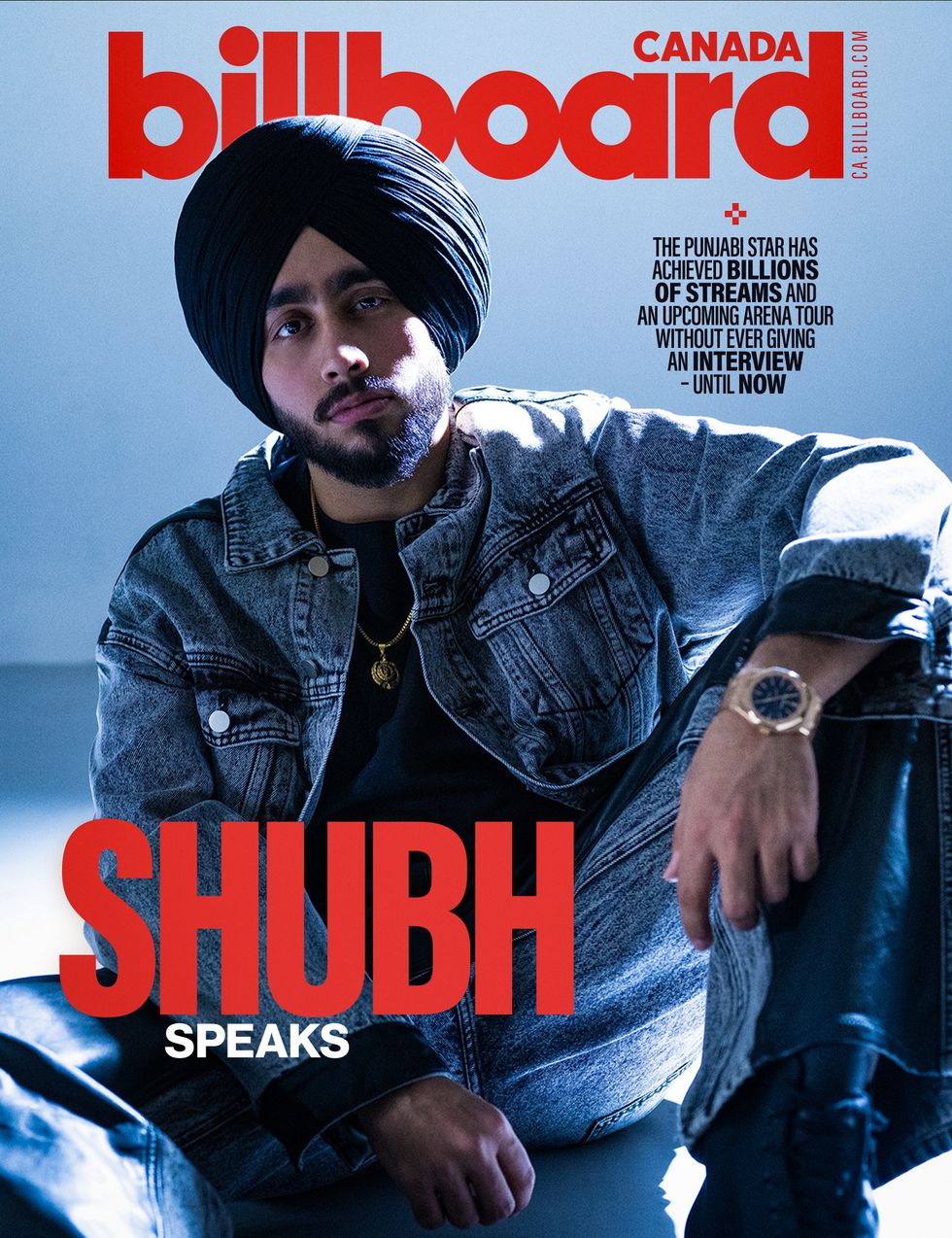
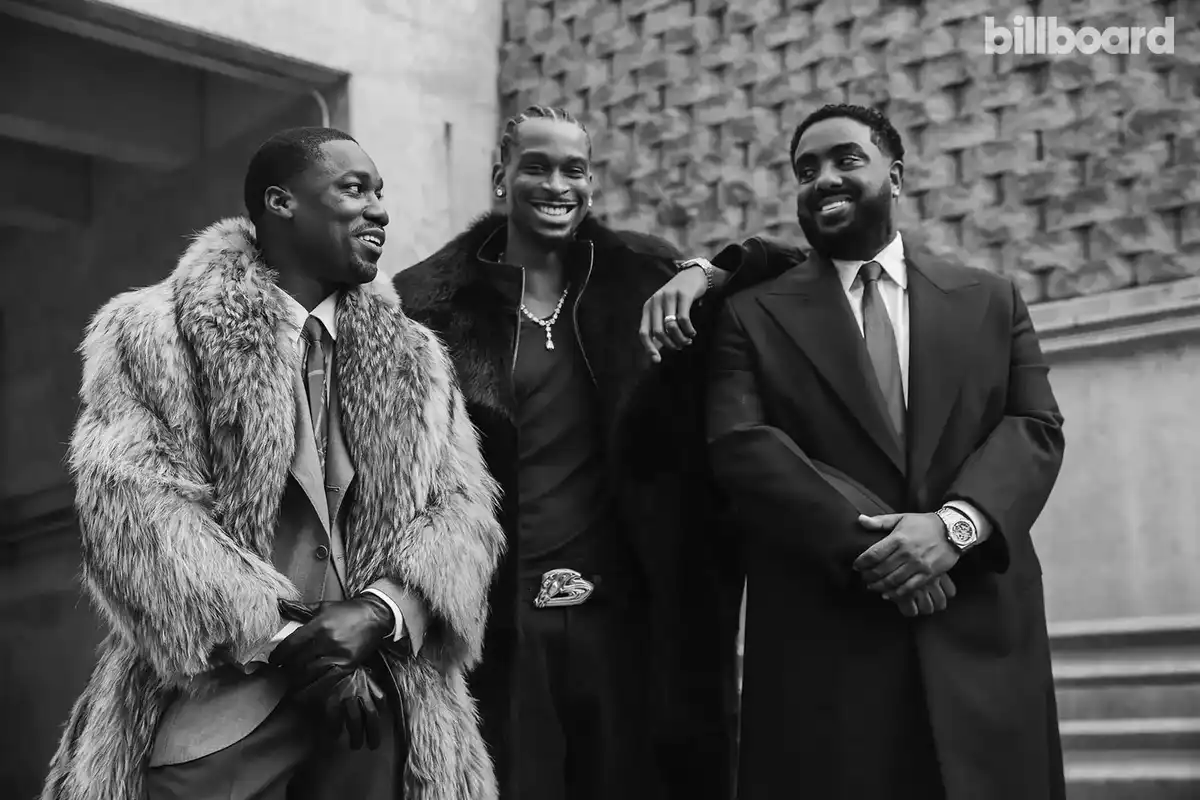



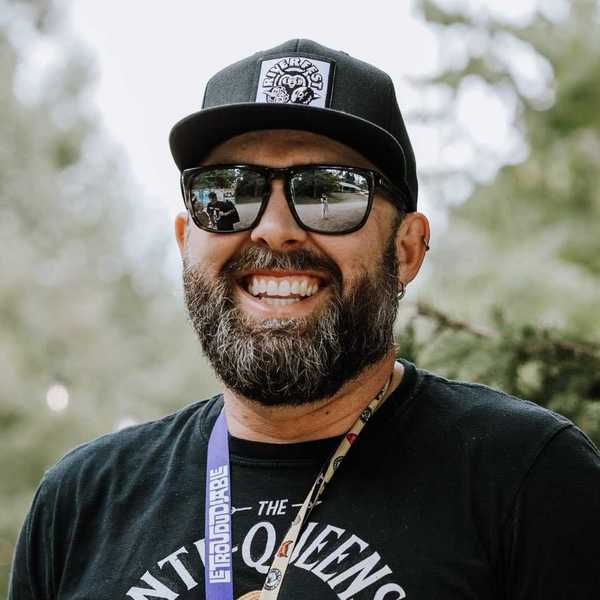
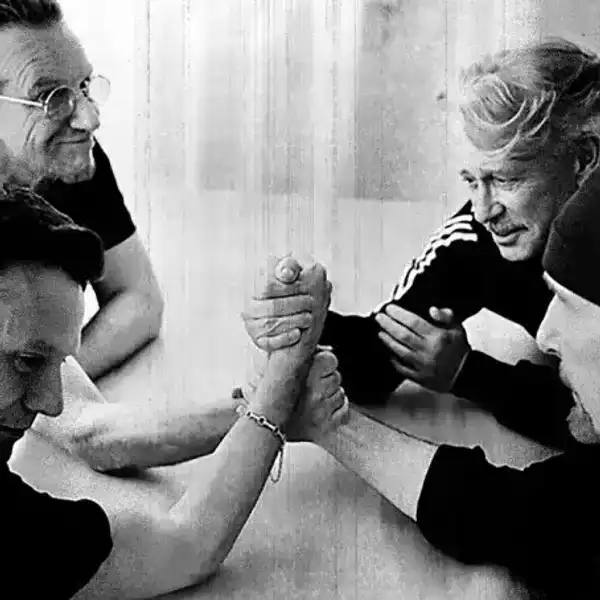

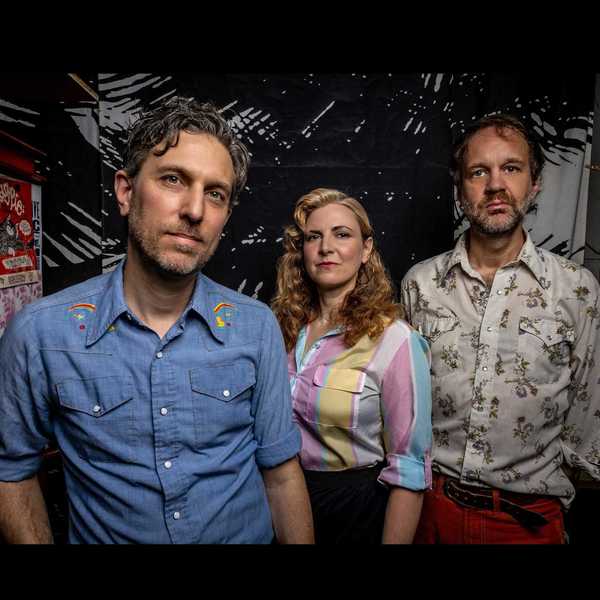


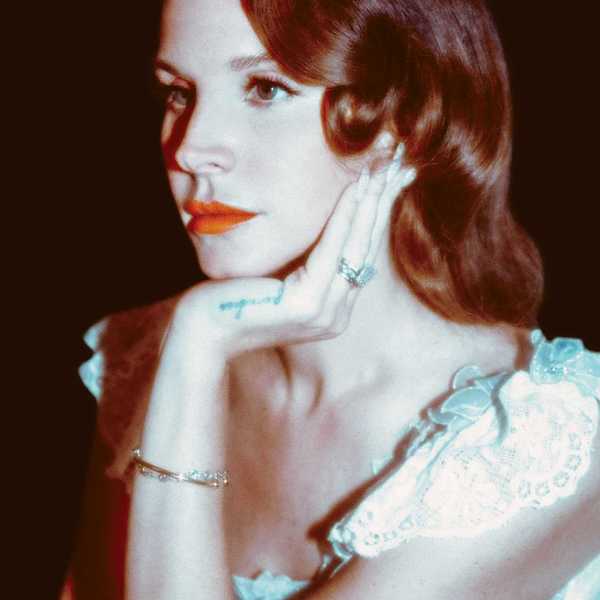
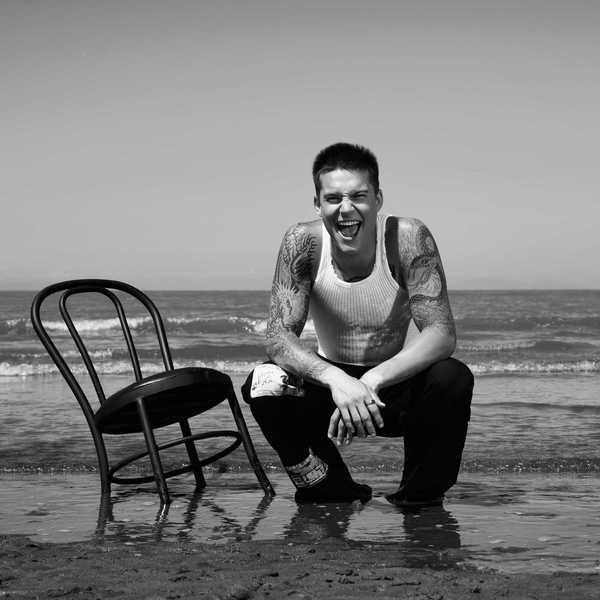

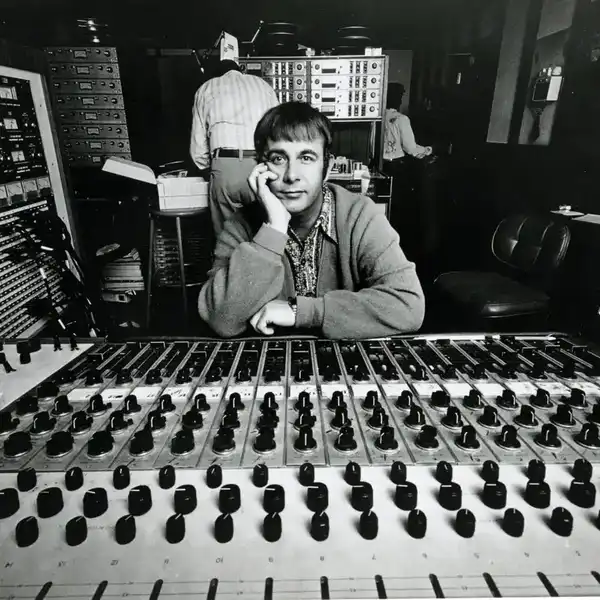
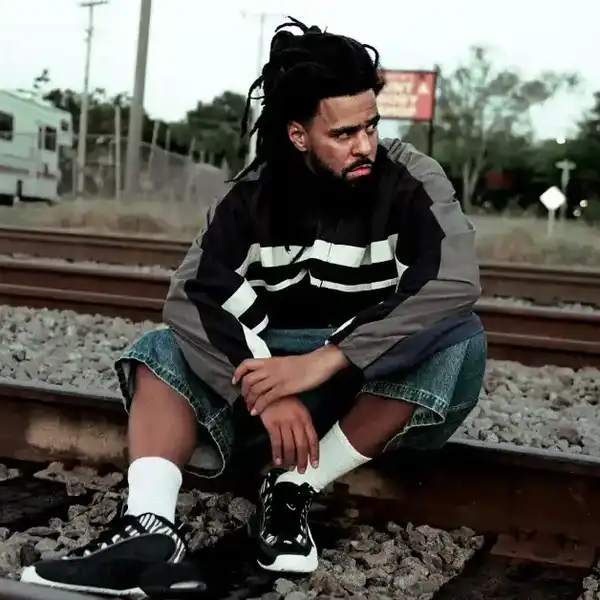
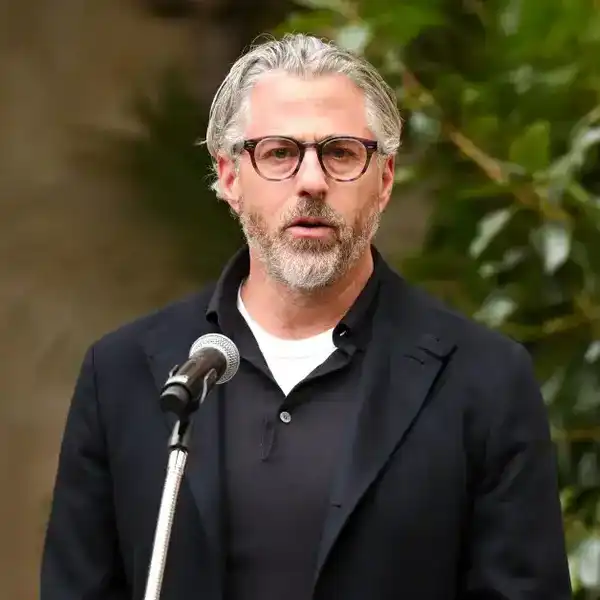

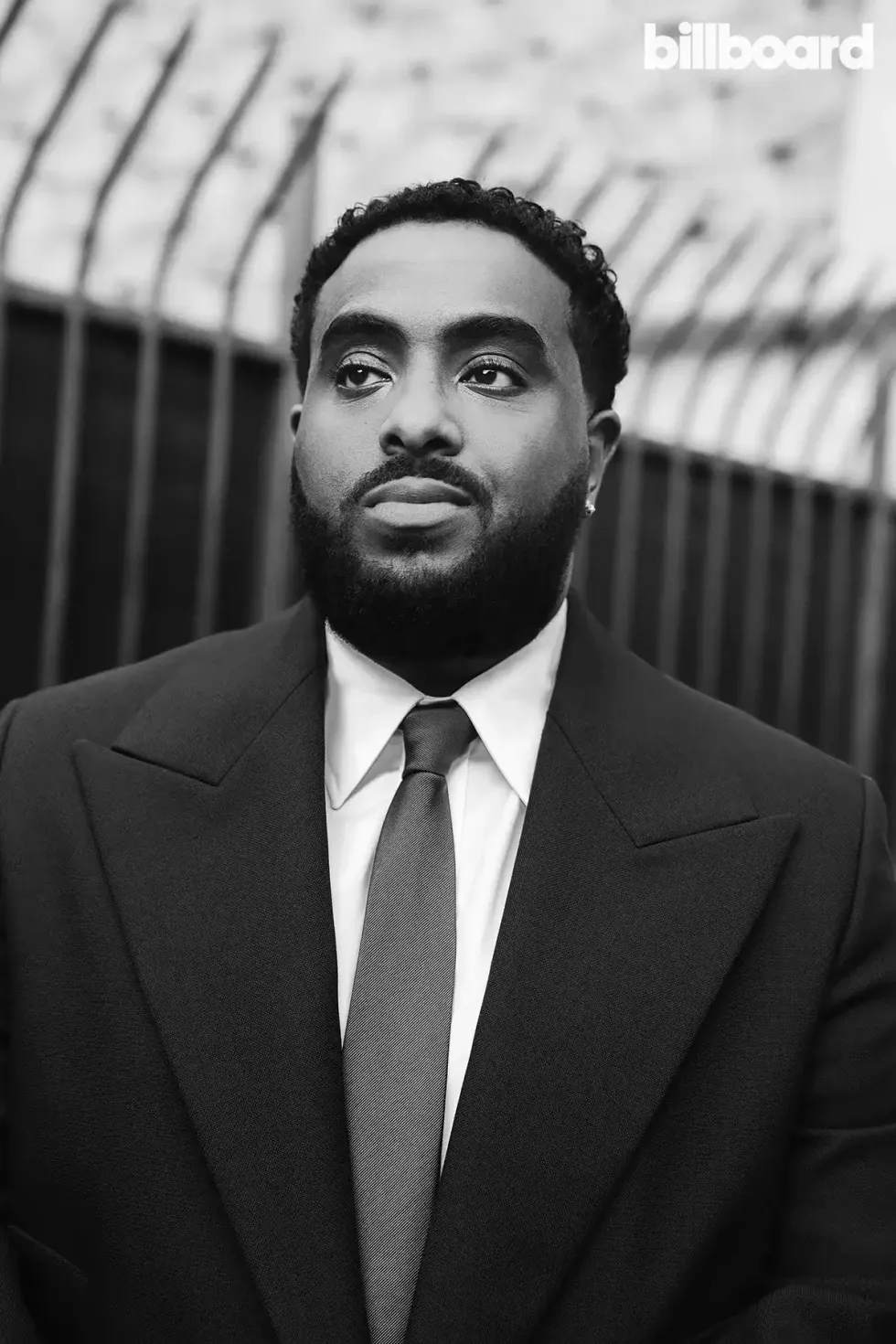 Simon GebrelulDiwang Valdez
Simon GebrelulDiwang Valdez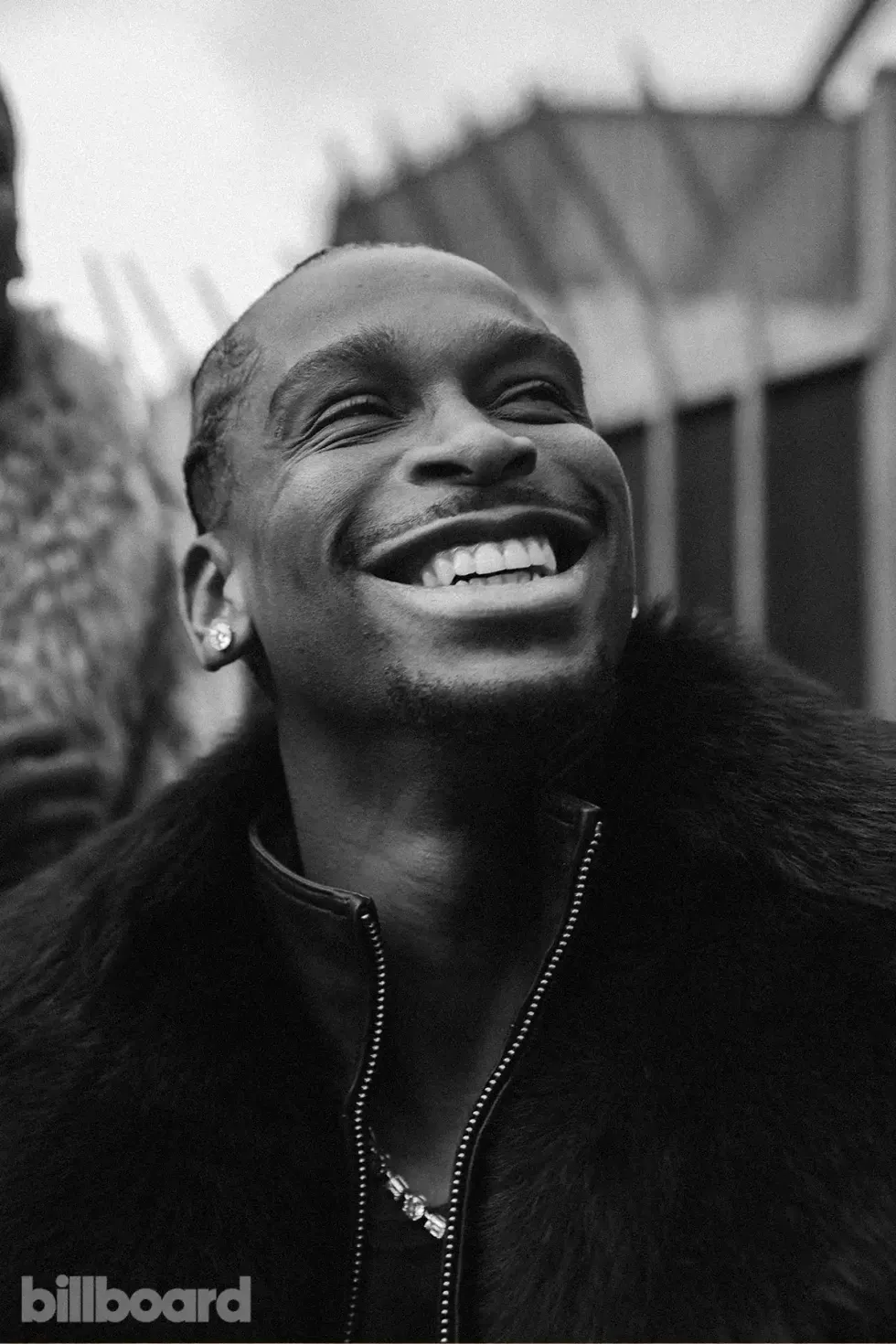 Shai Gilgeous-AlexanderDiwang Valdez
Shai Gilgeous-AlexanderDiwang Valdez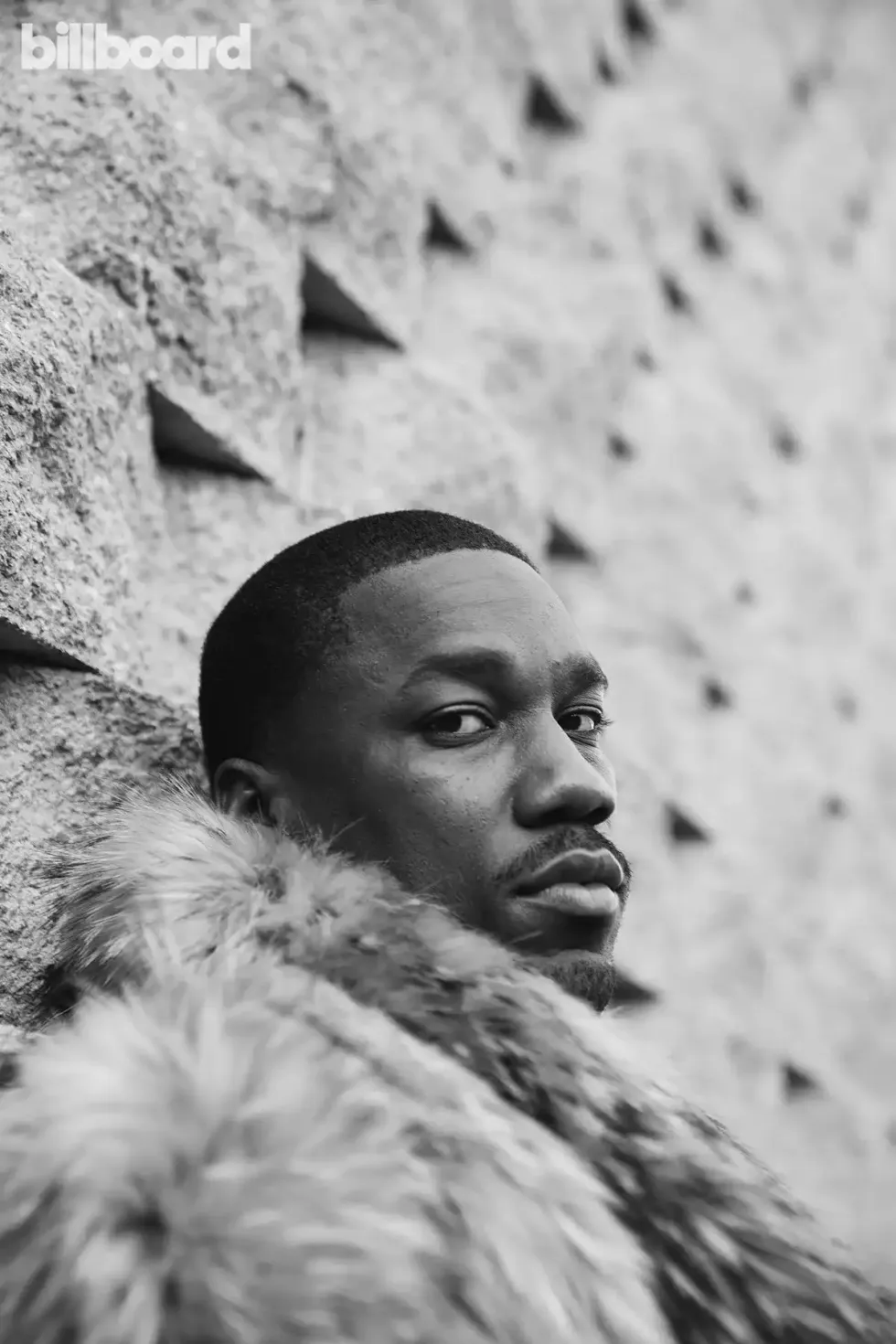 GIVĒONDiwang Valdez
GIVĒONDiwang Valdez